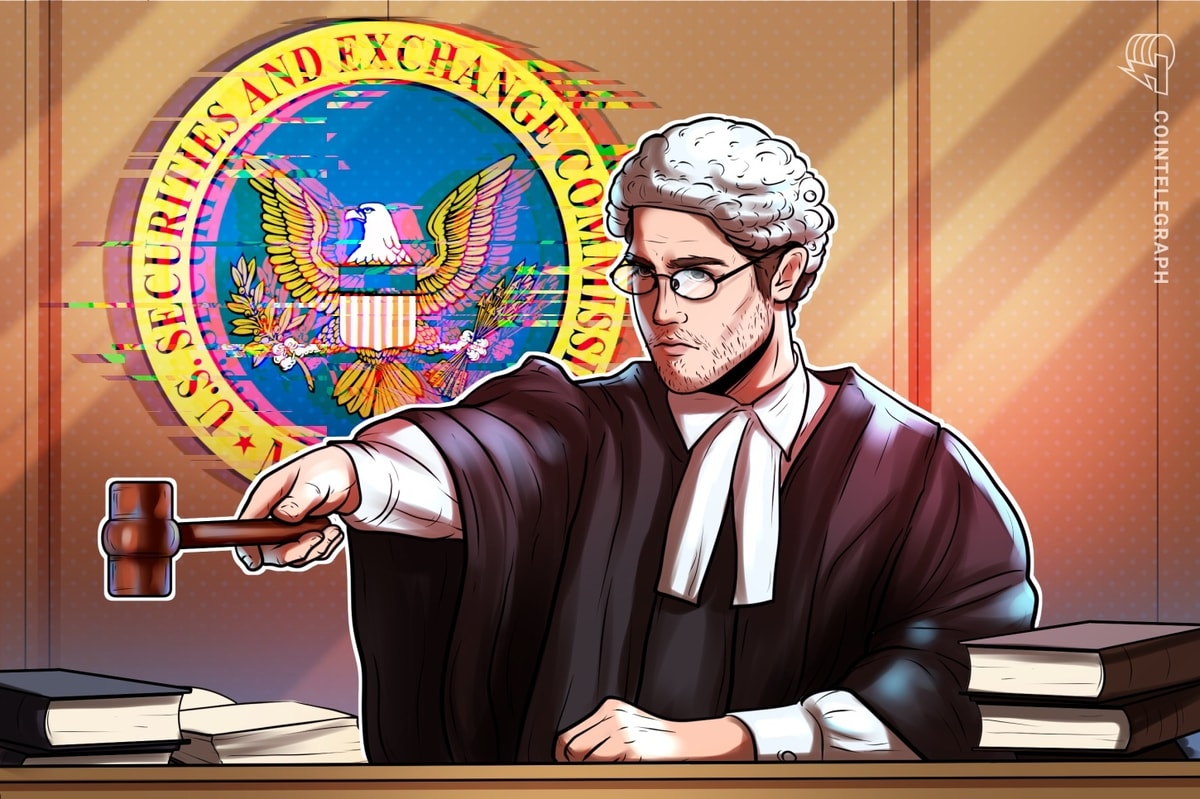Dubai Financial Services Authority (DFSA) has issued a public warning against initial coin offerings (ICOs) to investors.
DFSA warning
The DFSA has warned the public that some types of offerings, including ICOs, should be regarded as high-risk investments. Those include offerings that are made on a cross-border basis.
The move follows similar warnings issued by financial regulators, which include agencies from China, Singapore, Canada, Malaysia and the US, among others. The Dubai regulator is concerned that ICOs could be marketed to inexperienced investors who may seek exposure without carefully weighing the risks.
"The DFSA wishes to highlight that these types of product offerings, and the systems and technology that support them, are complex. They have their own unique risks, which may not be easy to show or understand; such risks may increase where offerings are made on a cross-border basis. These offerings should be regarded as high-risk investments”.
One distinction of DFA to other countries who allow cryptocurrencies is the special status of the Dubai International Financial Centre. DFSA "does not currently regulate these types of offerings" nor is able to issue license to firms to offer such products or services within the that special economic zone within Dubai.
Crypto on the move
In August this year, Farad, a Malaysian company, launched its Farad cryptoken at a hotel at the Dubai International Financial Centre. Investors can buy a Farad cryptoken, which is claimed to be backed by the manufacturing of latest ultra-capacitors that entrepreneur Elon Musk has described as the future of energy storage.
The Farad cryptoken (FRD) is a digital currency, with each token representing the rights to the forward purchase contract of 80,000,000 ultracapacitor cells produced by a Chinese company over a period of 36 months.
The fact that these tokens are generated in line with the production of Farad’s capacitors is the exceptional thing about this kind of first coin offering (ICO), the latest in a long line of new cryptocurrencies launched, after the spike in value of market leaders Bitcoin.
Amidst this uncertainty, that the ICO was backed by a solid business model and real economic activity was sadly lost on the audience.
At this time, it’s still uncertain whether the DFSA will take action to regulate any kind of related activity on ICOs within the economic zone.
DFSA’s only focus is the welfare of its investors. This doesn’t guarantee any proclamation on whether or not the agency believes ICO tokens or FRD may be considered as securities. This is a finding that will put its guidance in line with other regulators internationally.











